Private lending attorney has capitalized on serendipitous opportunities throughout his career.
Reflecting on his career, Nema Daghbandan can see that luck has played a large part in his success.
Today, he is a partner at Geraci Law Firm in Irvine, California, general counsel for the American Association of Private Lenders, and CEO of Lightning Docs, an automated loan document solution. The events leading him to law, to his firm, and to a specialty in private lending have a basis in hard work, of course, with some fortuitous timing thrown in.
”Thought I Had Hit the Jackpot”
Raised in Orange County, California, Daghbandan said he grew up following in the footsteps of his brother, Reza, who was five years older.
“I felt like most of my youth was copying what my brother did,” he said.
So when Reza chose law school, the idea appealed to Daghbandan as well. He was living at home and saw Reza often; he perceived his brother as having a “really relaxed life” during his law school tenure, he said. Daghbandan concluded that law school couldn’t be that hard.
“What I didn’t realize was that my brother is basically a genius, and so I didn’t realize that I am not as smart as my brother—my parents did a fantastic job of hiding that fact from me,” he said. “I basically spent my first year in law school crying most days, terribly depressed and miserable.”
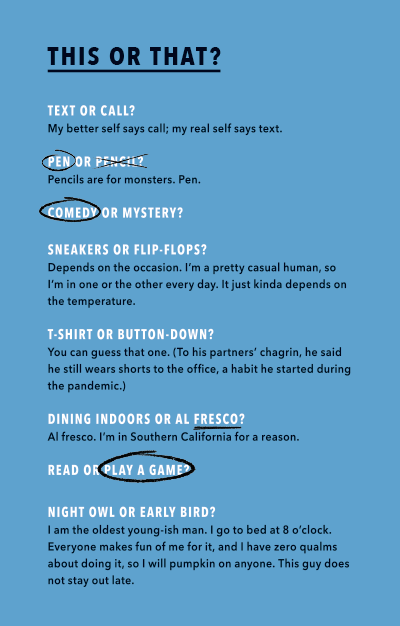 Though it was more intense than he imagined, Daghbandan said he enjoyed the “intellectual exercise” and reading cases.
Though it was more intense than he imagined, Daghbandan said he enjoyed the “intellectual exercise” and reading cases.
“Even though it was extremely difficult, I really loved learning about the law, and it was an immediate passion for me,” he said.
He attended the University of Miami School of Law, where he met his wife, Natalie. They were in the same cohort, which Daghbandan explained as “like being in elementary school, which means that you have the same classes with these people the entire time.” He and Natalie were in a study group together their first semester and started dating their second semester.
“We basically spent every second with each other for years until we graduated, and we got engaged after,” Daghbandan said.
He chose Miami because he wanted to experience a new place. He’d spent nearly his entire life in Southern California “within a 30-square-mile radius” up to that point, attending University of California – Irvine for his bachelor’s degree. What he didn’t consider before choosing a school across the country was that it would be much more challenging to get a job back home: The school had ample connections to help place students in Southern Florida but fewer in California.
Realizing this during his first year, Daghbandan asked his brother, a district attorney in California, to put out a few feelers for him, hoping to land an internship in private practice for his summer break. His brother happened to be in the right place at the right time when he asked some friends at a poker game. One player, Anthony Geraci, had a small firm (at the time) and offered to pay Daghbandan $18 an hour.
“My brother told me about this and I’m like, ‘What? You’re kidding me! I’m gonna get money—this is the best thing that ever happened!’” Daghbandan had expected to have to work for free just to get his foot in the door somewhere. “I thought I had hit the jackpot.”
Thrown Into the Fire
Daghbandan started his internship at Geraci Law Firm in 2008. It was his first encounter with private lending—and the beginning of the financial meltdown that caused the Great Recession. He called it an informative and fascinating experience. Although it took Daghbandan time to grasp the full picture of private lending, he learned a lot of practical skills that summer.
“I was intrigued, and I really loved working with Anthony,” he said. “It felt very empowering. … I had tangible skills that I would walk away with, and I felt like I actually learned a little bit about practicing law for the first time.”
 Though he had a positive experience with Geraci’s small firm, Daghbandan pursued a job with a larger firm in his second summer of law school in hopes of setting himself up for a career. He landed an internship that could lead to a full-time practice. But once he started working there, Daghbandan discovered it was depressing. Everyone sat in offices behind closed doors, and no one collaborated. But the paycheck was big, and that’s what he thought he wanted at the time, he said. When he received an offer from the firm after graduation, Daghbandan said he felt proud and accomplished.
Though he had a positive experience with Geraci’s small firm, Daghbandan pursued a job with a larger firm in his second summer of law school in hopes of setting himself up for a career. He landed an internship that could lead to a full-time practice. But once he started working there, Daghbandan discovered it was depressing. Everyone sat in offices behind closed doors, and no one collaborated. But the paycheck was big, and that’s what he thought he wanted at the time, he said. When he received an offer from the firm after graduation, Daghbandan said he felt proud and accomplished.
Then reality collided with his plans. Before he was set to start the job in fall 2010, the firm rescinded its offer. It happened to many law students at the time, he said, as the recession tightened its grip on the economy.
Daghbandan was devastated, because he had entwined his identity with the big firm job he had hoped for. Picking himself up, he reached out to Geraci, who offered to hire him part-time. He joined the firm in 2010 and hasn’t looked back.
He can see how his experience graduating during a recession has instilled loyalty to his employer. After losing his first offer, Daghbandan said, he was eager to find security. But he’s also had great experiences and opportunities to grow with the firm. That has kept him there for his entire career, he said.
Daghbandan points to two mentors who taught him much of the practical foundation of his practice. One of the attorneys he worked with was general counsel for a mortgage lender.
She “poured into me,” he said. “Her only mission was to put out incredibly high-quality legal product and to never cut corners and to be very thoughtful about being a great advocate when representing clients.”
From her, he got a crash course in how to practice law. At the same time, the firm’s founder, Geraci, whom he called a skilled entrepreneur, taught Daghbandan the business of being a lawyer.
“I was being fed both the business of law and the practice of law by two great mentors, and so I was getting just this incredibly nuanced legal training and such hands-on application,” he said. “Everything was learned by being thrown into the fire. I worked insane hours because we had to—there was just no alternative because the volume of work was there. But I learned a lot about a lot of things, and that made me a very useful professional in a very short period of time.”
Solving Actual Problems
One of the many lessons Daghbandan learned early on was how to prepare loan documents. At first, he used a Word template and carefully filled in each client’s specific terms. Then he started streamlining his templates to make them easier to fill in accurately. The more documents he created, the more he looked for automation to increase efficiency. He learned how to use mail merge to make the documents more versatile and to create them more quickly.
As the firm’s client base grew, its lender clients wanted to begin making loans outside of California. Too many variables were introduced to effectively scale using the mail-merge method. In addition, Daghbandan was named a partner at Geraci in 2015, which meant he managed a team and had to figure out how to devote less time to creating documents.
The firm found existing software to create the increasingly complex documents being requested. Then it hired a consultant to help create the correct conditions for the software to do everything the firm required. This was Daghbandan’s first foray into creating what he called the business logic of software.
The software helped the firm grow, but eventually its capabilities hit a wall. In 2018, the company hired a full-time document coder who helped the firm create everything from the simplest to the most complex loan documents. The coder spent a year working on the back end to create consistently good documents and experience—and produce a proprietary software that decreased the time spent to 10 minutes per transaction.
The internal software provided the firm “significant competitive advantage,” in creating error-free documents quickly, Daghbandan said, noting that no other firm was investing in similar technology.
His goal was to make the firm profitable by creating documents through scale and efficiency. The timing was good. As the firm’s clients started providing more fix-and-flip loans, there was no margin to create documents on these smaller loans. The partners decided to license the software to clients, and Lightning Docs was born. Daghbandan describes it as “Legal Zoom for loan documents.”
The documents and software can be customized to specific needs for each client. “I feel like we’re really solving their actual problems and we really care about them, and if we don’t become fabulously wealthy, that’s OK,” he said.
Building Memories
Daghbandan understands that simplifying workflows for his team and clients not only allows them to be more profitable but also frees up time for life outside of work.
“It is a joy. My absolute favorite thing right now in life is spending time with my family. They are amazing,” he said. “My job has afforded me a great opportunity to spend time with them.”
Daghbandan and his wife have two children, seven-year-old Troy and five-year-old Cora. He said they love to travel and build memories together. His parents and brother live nearby, so he sees them often as well.
He has a somewhat unusual hobby, which he says was partly inspired by his “fun” uncle, a “car nut” who let Daghbandan drive a car when he was 7 years old. (“Totally irrational and stupid and you should never let someone do that,” he now says). He loves researching cars and talking about cars.
“My entire YouTube feed is all car review videos,” he said. “If you’re ever looking to buy a car or want to know what car’s right for you and your family, let me know. I will happily give you lots of thoughts.”
He may have brought up the topic one too many times at work.
“My partner is always like, ‘you should get a real hobby—you know, you should go golfing,’” he said. “I don’t have enough time yet in my life for those things.”

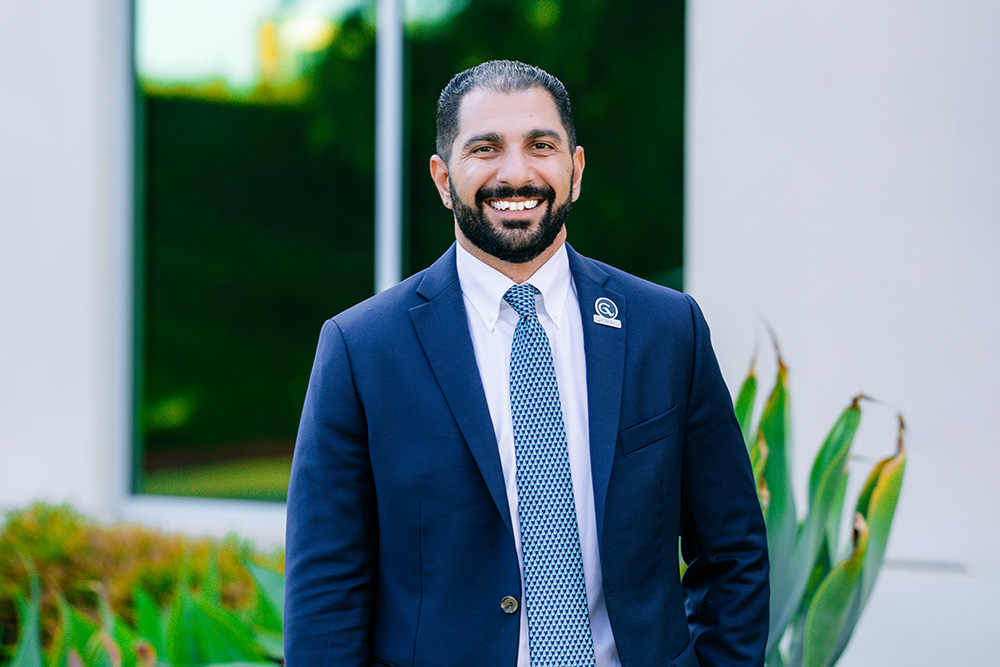
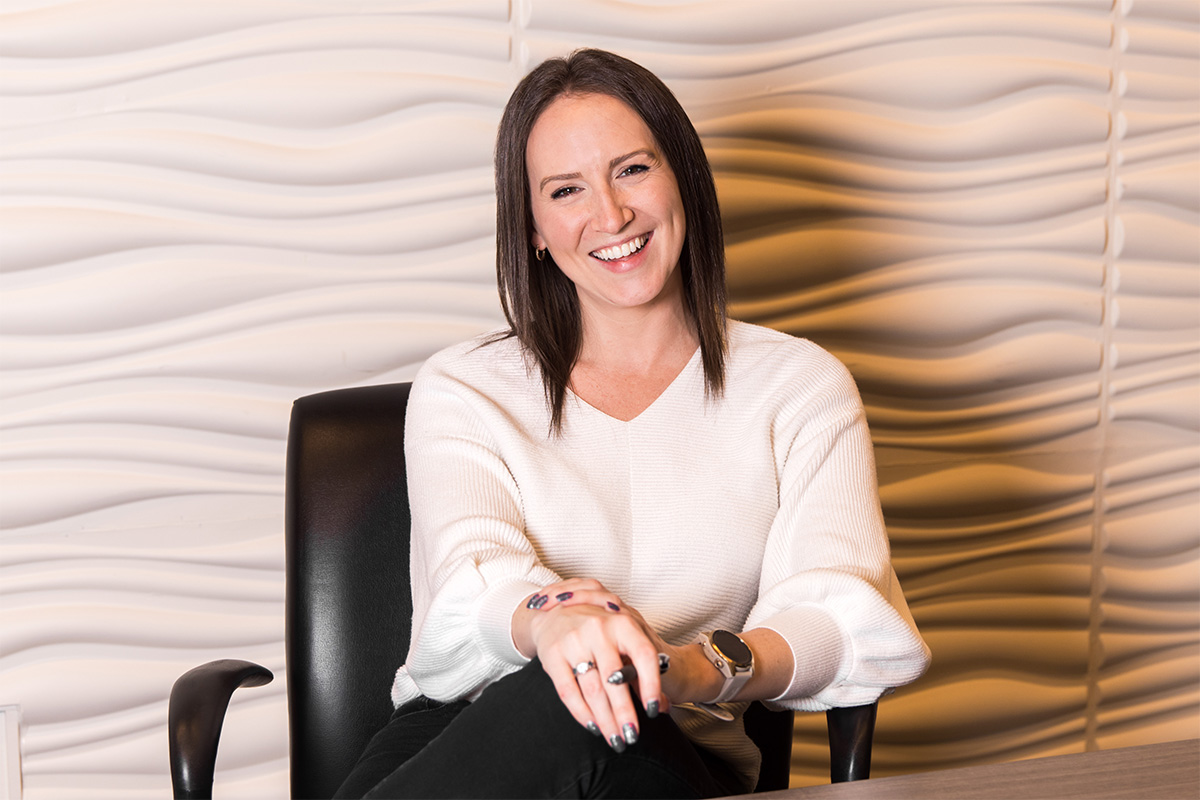
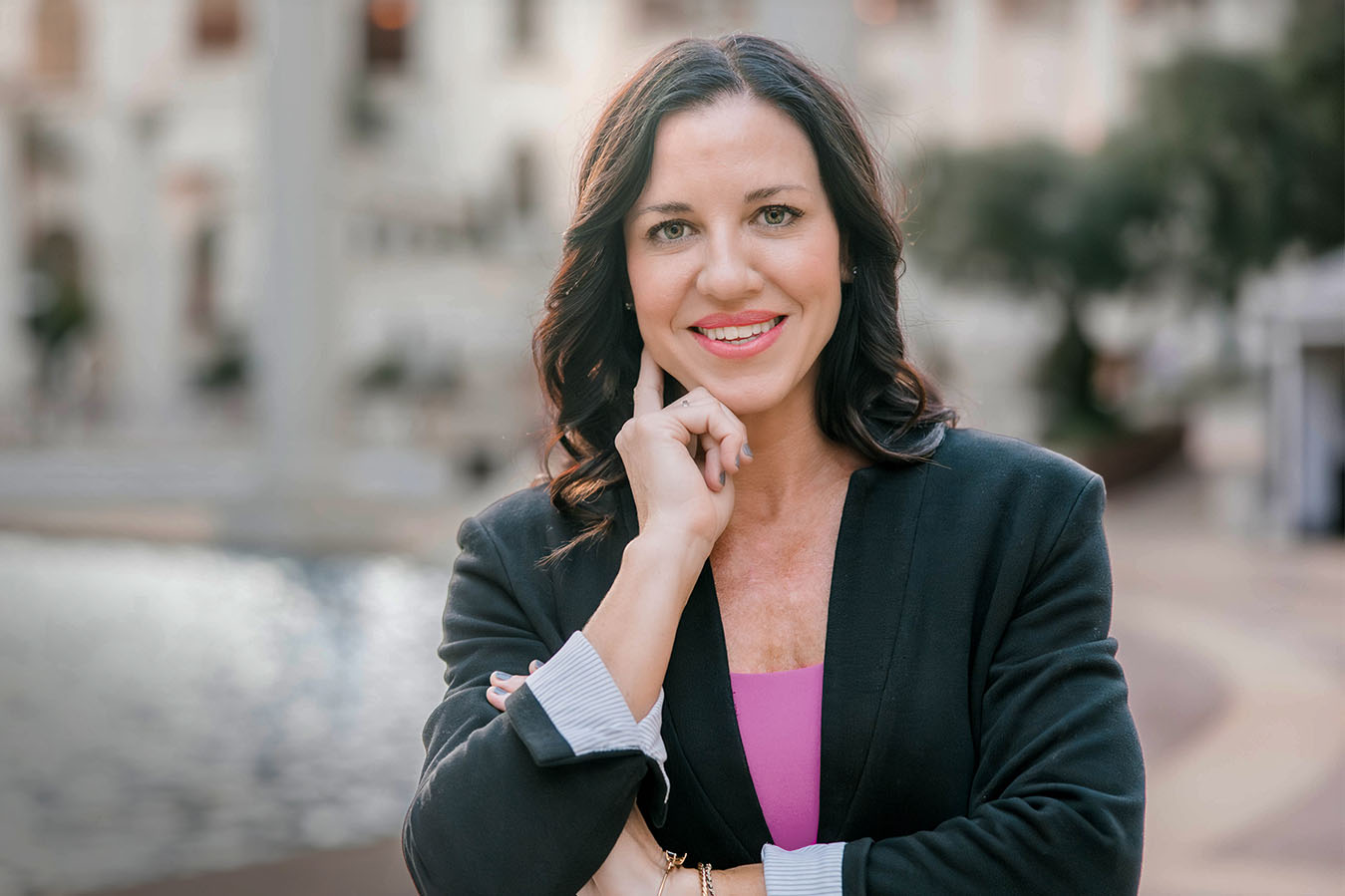

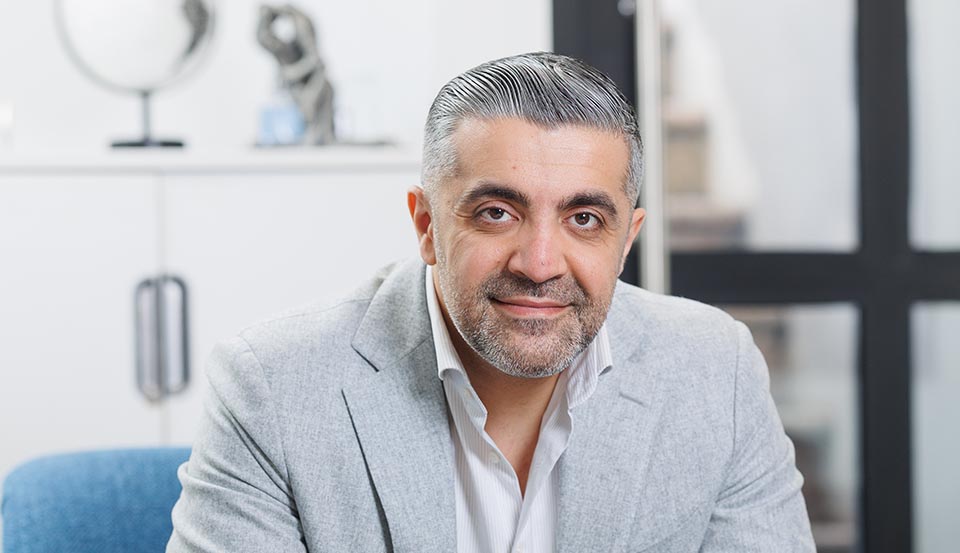
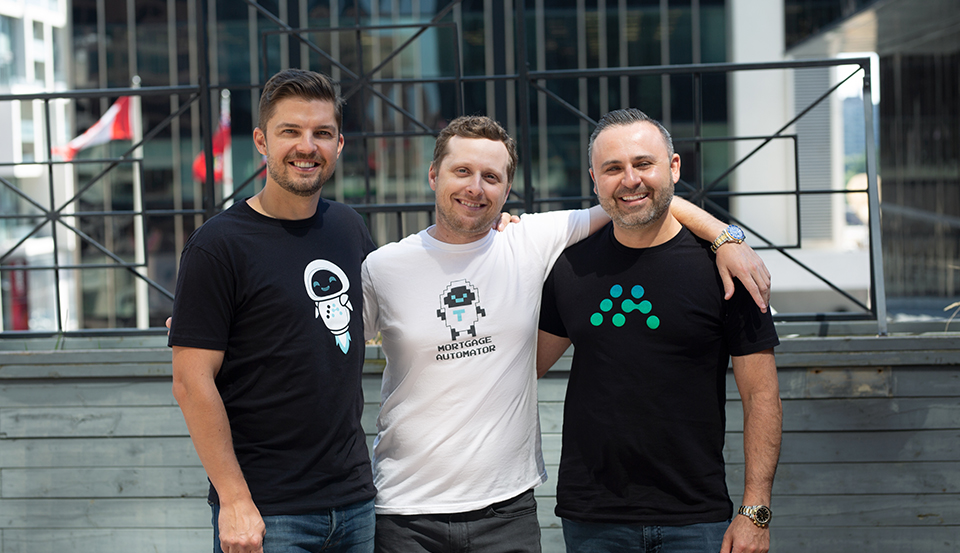



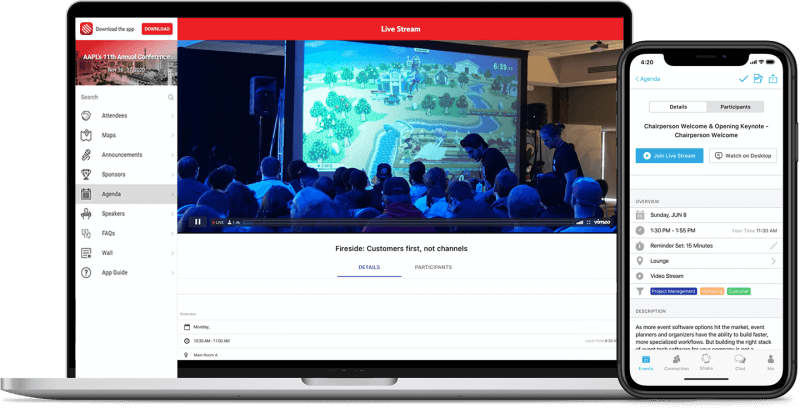

Leave A Comment